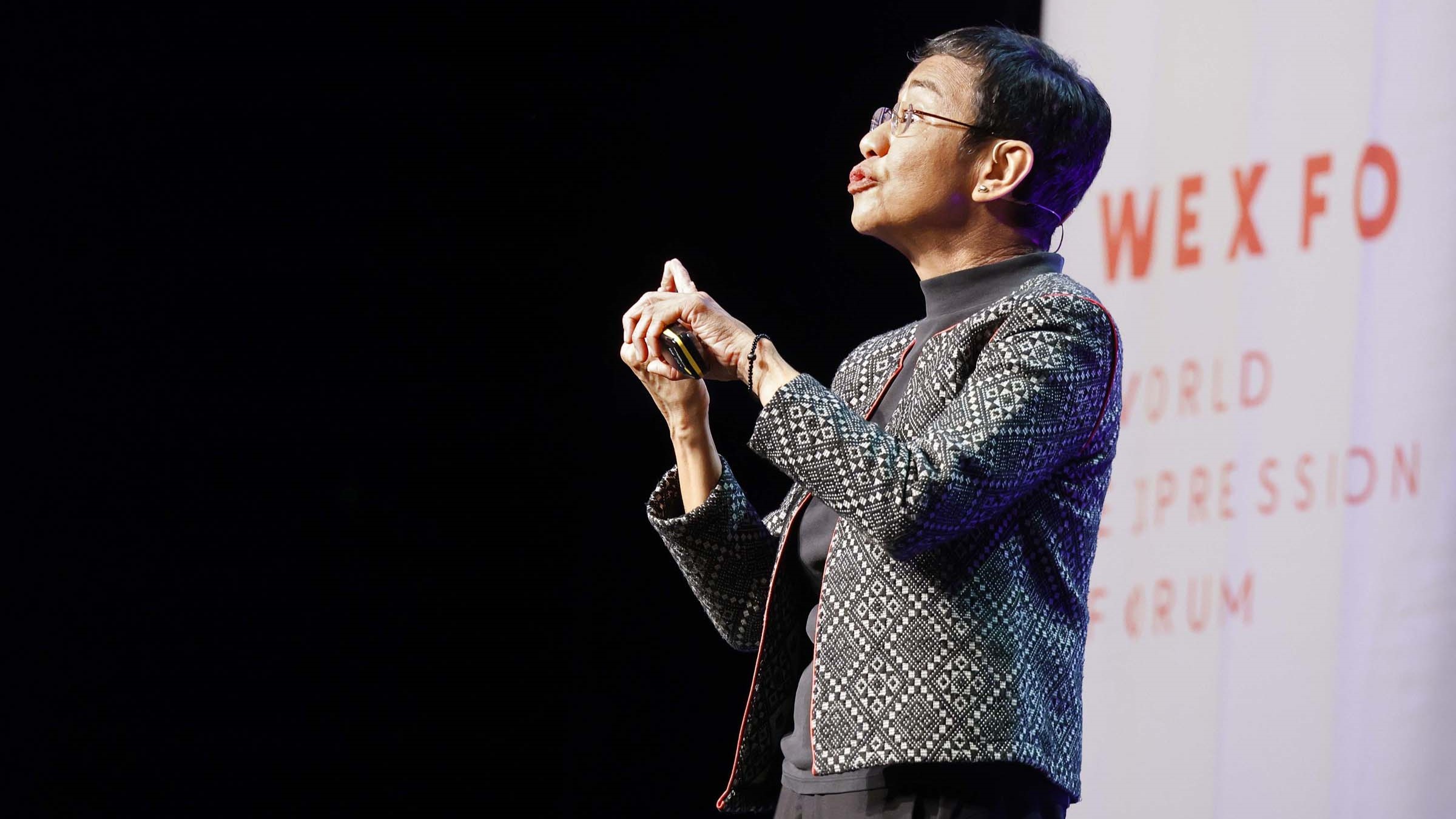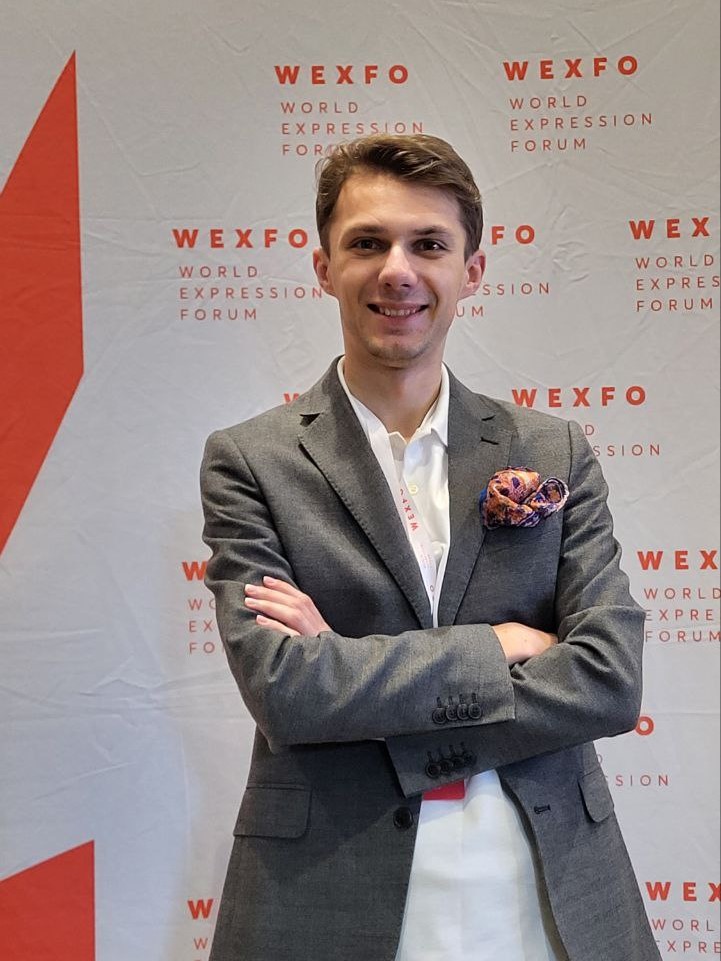
Text by Yurii Stechyshyn – local Councilor in Ukraine, a PhD researcher, an IT consultant, an ex-head of the project in Fin-tech, and an ex-banker. Yurii took part in the WEXFO Utøya Young Experts seminar 2025.
As a participant of this year’s Seminar, I’m extremely grateful for the opportunity to be a Young Expert at the World Expression Forum (WEXFO). As I reflect on a week spent in Norway, I think about the numerous powerful keynote speeches, interesting (and even sometimes heated) panels, my personal interactions with Young Experts and Young Voices, and side event visits.
This blog post aims to highlight the most interesting opinions that resonated with me the most and which I want to note down and refer to. For readers, the idea is not to agree or disagree with the quotes below, but rather to evaluate critically and form one’s own personal and grounded opinion.
So, let’s start:
- “We need solidarity & partnerships across local communities”, said Oksana Brovko, quoting a journalist from the frontline Sumy Region of Ukraine who produces and delivers a local newspaper to keep the locals updated about the main events happening nearby.
- Irene Khan, a UN Special Rapporteur for freedom of expression and opinion, spoke about democratic backsliding around the globe, and that “governments need to stop spreading disinformation”.
- Maria Ressa, a Nobel Peace Prize Laureate, gave a powerful speech on one’s sacrifices for the truth and added, “When you dehumanize, violence happens”.
- Nina Jankowicz of the US, a former DHS official, emphasised, “Facts don’t matter, fear does” when it comes to manipulating people’s minds and spreading dis- and misinformation.
- Yascha Mounk, an author, asked rhetorical questions about who (speaking of the social platforms) will decide on what to allow and/or censor?
- A Young Expert from the US, Sam Rechek, stressed that “we need open engagement of both sides” instead of silencing and exclusion.
- Ege Dündar, a keynote speaker from Türkiye, argued that “Democracy is defended when convenient, and ignored when not”. Hard to disagree.
- Jamala of Ukraine, a singer, speaking about her Eurovision performance in 2016, said: “It was my little try”, when telling the story of her own family & forced deportation from Crimea to Central Asia in the 20th century.
- Jennifer Boylan of the US, “If you want to change the world, start telling the story”.
- Oleksandra Matviichuk, a Nobel Peace Laureate from Ukraine, gave a touching speech about her friend and colleague, Viktoria Amelina, as well as spoke about the urgent need to have a “shared sense of reality”, she also stresses that the Western perception of “never again in reality means no sacrifices again”. Oleksandra also added, “A future lived on a Credit Card will need to be paid back with Interest”.
To reiterate: the quotes and opinions above are credited to their authors, but they resonate with me, even if I may disagree with their authors about other things.
I’ll leave it here with an inspirational quote from one of the speakers at the WEXFO Take Action conference, convened on the final day of my stay in Lillehammer: “Don’t waste your time if you have a complete dissatisfaction with what you’re doing!” This shall urge all of us to spend time on what really matters.
I thank again the organisers of this powerful Forum, and I wish them the best of luck with the upcoming seminars and cohorts!


